In India, National Law Universities (NLU) or National Law schools are the law schools founded pursuant to the second-generation reforms for legal educations that were implemented by the Bar Council of India.They are single-discipline universities that offers integrated honours and law degree programmes. These law schools were established by the act of the state government. Hence, although they are termed as National University, they are recognized as state-level law colleges by UGC (University Grants Commission) and regulated by Bar council of India and Ministry of Law and Justice.
NLUs are the most desired law schools in India . The first NLU was established in the year 1986 in Bangalore came to be known as the National Law School of India University (NLSIU). Today, it is considered to be the epitome of Law schools.Since then, every state in India has established a National Law University and currently, there are 23 National law schools in India, which have continuously been ranked as the India’s top-most law schools.
Finding the information about the National Law School is another challenge that the law aspirants often encounter. It is very important for the student to have detail information about all the National Law University in India. So given below is the list of National Law schools in India (as per the year of Establishment):

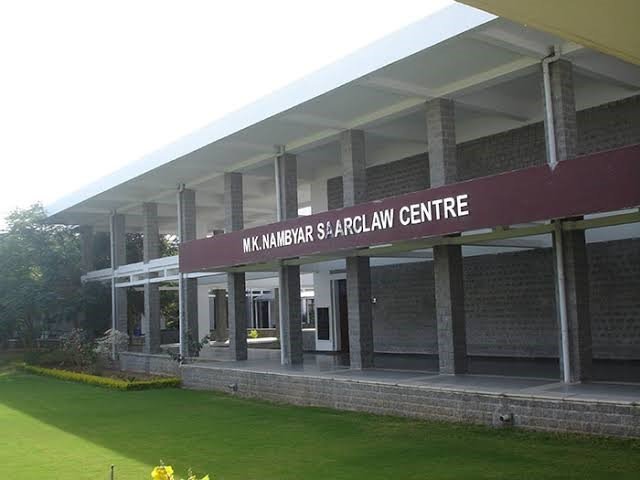
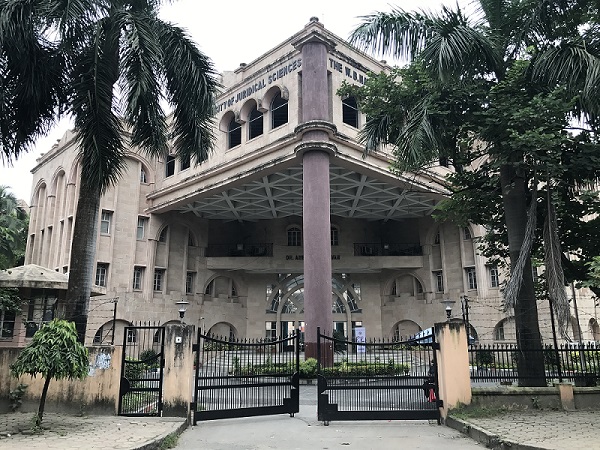
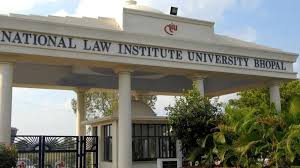
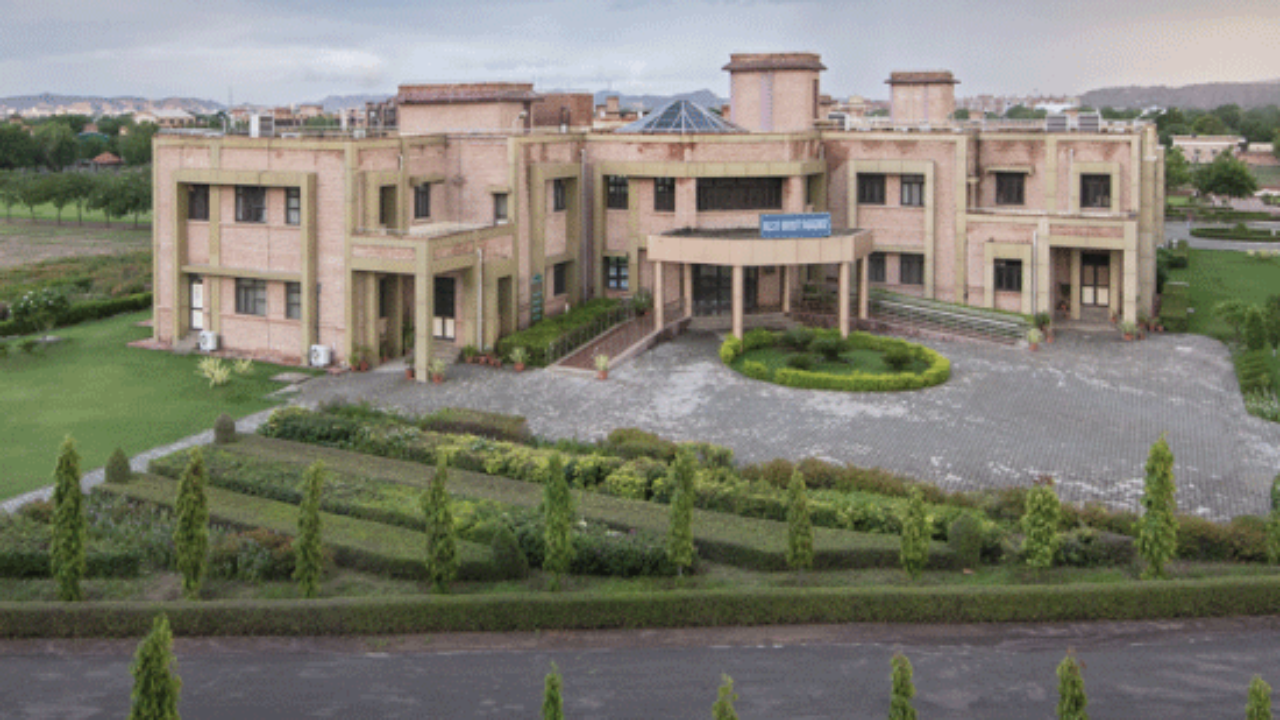
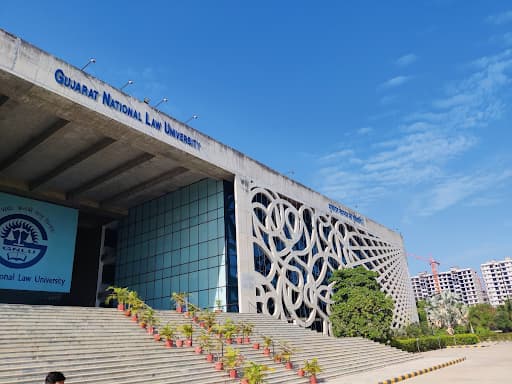
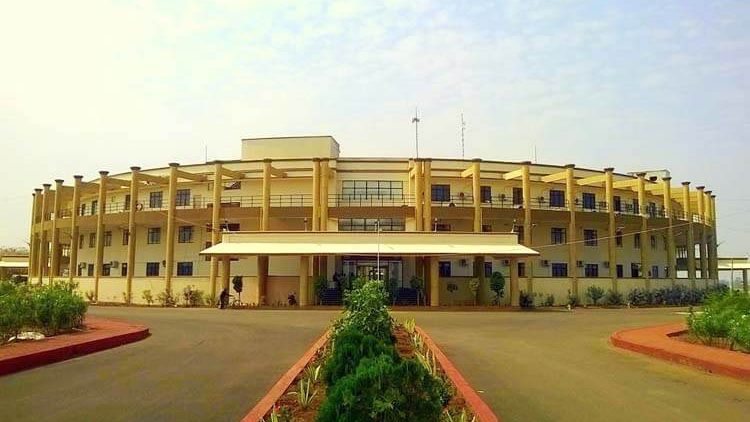
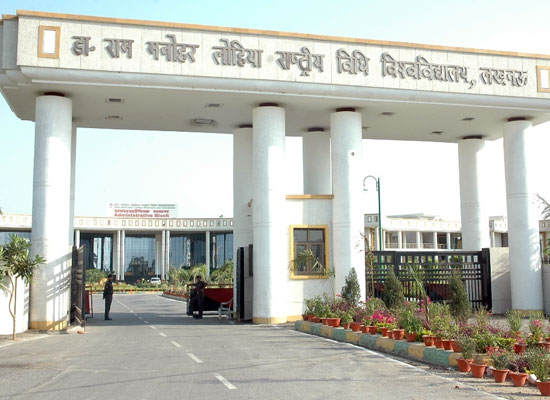
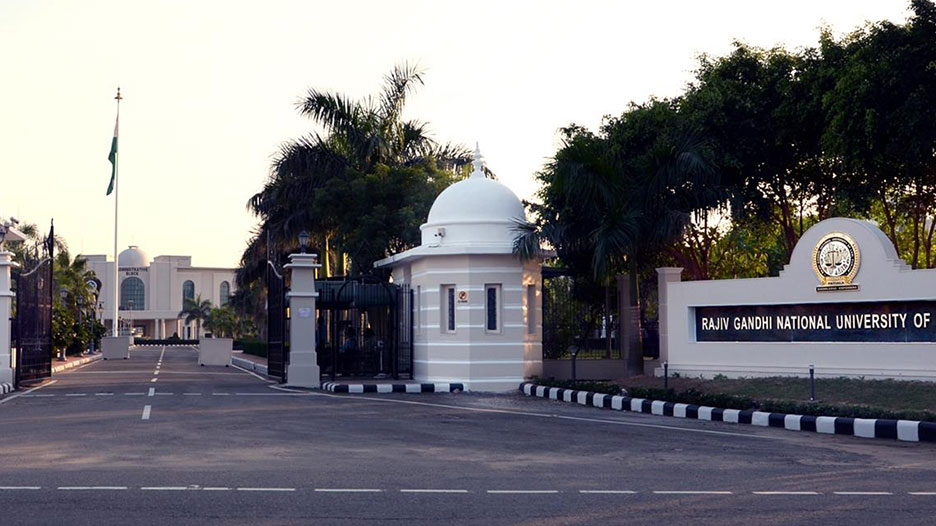
| Name of National Law Universities | NLU's Info |
|---|---|
| National Law School of India University, Bangalore | View more details |
| National Academy of Legal Study & Research (NALSAR) University of Law, Hyderabad | View more details |
| The West Bengal National University of Juridical Sciences, Kolkata | View more details |
| National Law Institute University, Bhopal | View more details |
| National Law University, Jodhpur | View more details |
| Gujarat National Law University, Gandhinagar | View more details |
| Hidayatullah National Law University, Raipur | View more details |
| Dr. Ram Manohar Lohiya National Law University, Lucknow | View more details |
| Rajiv Gandhi National University of Law, Patiala | View more details |
| National Law University & Judicial Academy, Assam | View more details |
| National Law University Odisha, Cuttack | View more details |
| National University of Advanced Legal Studies, Kochi | View more details |
| Chanakya National Law University Patna | View more details |
| National Law University, Delhi | View more details |
| DamodaramSanjivayya National Law University (DSNLU) Visakhapatnam | View more details |
| National University of Study & Research in Law, Ranchi | View more details |
| The Tamil Nadu National Law School, Tiruchirapalli | View more details |
| Maharashtra National Law University, Mumbai | View more details |
| Maharashtra National Law University, Nagpur | View more details |
| Maharashtra National Law University, Aurangabad | View more details |
| Himachal Pradesh National Law University, Shimla | View more details |
| Dharmashastra National Law University, Jabalpur | View more details |
| Dr B R Ambedkar National Law University Sonipat, Haryana | View more details |
Admission in 22 National Law Universities is done via the Common Law Admission Test (CLAT) is a national level entrance exam for admissions to undergraduate (UG) and postgraduate (PG) law programmes offered by around the country. It is organized by the Consortium of National Law Universities consisting of the representative universities.
However, admission to the National Law University, Delhi is done via All India Law Entrance Test (AILET) and not one the basis of CLAT Score.
The courses of Law are very popular and hence, apart from national law universities, there are lucrative law courses being offered by various private and government colleges and universities in India. One can pursue his or her study in various law courses such as LL.B (Bachelor of legislative law), integrated LL.B, LL.M (Master of legislative law) and doctoral courses.
Here’s the list of law colleges, one can opt for apart from National Law universities:
| Law Colleges | NLU's Info |
|---|---|
| Jindal Global Law School, Sonipat | View more details |
| Army Institute of Law, Mohali | View more details |
| Symbiosis Law School (Pune/Noida/Hyderabad) | Pune Noida Hyderabad |
| Indian Institute of Technology Kharagpur | View more details |
| School of Law, University of Petroleum and Energy Studies, Dehradun | View more details |
| Amity University, Delhi | View more details |
| Jamia MilliaIslamia, New Delhi. | View more details |
| Kalinga Institute of Industrial Technology School of Law, Bhubaneswar | View more details |
| Christ University, (Bangalore/Pune/Delhi NCR) | View more details |
| Institute of Law, Nirma University, Ahmedabad | View more details |
| IFIM Law School, Bangalore | View more details |
| Indian Law Society, Law College, Pune | View more details |
| Government Law College, Mumbai | View more details |
| Bhartiya Vidyapeeth, New Law College, Pune | View more details |
| Aligarh Muslim University, Aligarh | View more details |
| Panjab University, Chandigarh | View more details |
| KLE Society’s Law College, Bangalore | View more details |
| MS Ramaiah College of Law, Bangalore | View more details |
| ICFAI Law School, (Jaipur/Dehradun/Hyderabad) | Jaipur Dehradun Hyderabad |
The Admission process in these aforementioned university can be based on different modes, depending on their preference. The procedure for admission can be any the following:
1. Admission Test: Many of the non-nlu universities conducts their own entrance examination which the candidates have to clear in order to get admission in their under graduation/graduation courses, for example, AIL, UPES, Christ University, Symbiosis etc.
2. CLAT/LSAT/MHCET Score: Some University such as UPES, NIRMA etc. consider the score obtained in CLAT UG examination as the eligibility criteria and the admission is granted on the basis of that score only. Similarly, Jindal University considers the score obtained in LSAT examination (conducted by LSAC India). Apart from this, one can appear for MHCET Examination which is required to get admission in listed colleges in Maharashtra such ILS, GLC and BVP.
Candidates who are appearing in the qualifying examination are also eligible to appear in CLAT examination. The eligibility criteria for CLAT (Common Law Admission Test) exam are:
Age Limit: There is no age limit for appearing in CLAT.
Nationality: The candidate must be a citizen of India.
Educational Qualification: The candidate must have passed 10+2 or equivalent examination with a minimum of 45% marks in aggregate (40% in case of SC/ST category candidates). Candidates appearing in 10+2 or equivalent examination are also eligible to appear in CLAT.
Note: They shall be required to produce evidence of their passing the qualifying examination at the time of admission, failing which they shall lose their right to be considered for admission.
The exam authority officially declares the CLAT Exam Eligibility every year, along with the official notification.
A career in law can be pursued through the Common Law Admission Test (CLAT) exam. By clearing the CLAT exam, one can secure admission to the prestigious National Law Universities (NLUs) in India. After completing the law degree from an NLU, one can practice as a lawyer, work in a law firm, or opt for a career in the legal department of a company.
One can also take up teaching positions in law schools or go for higher studies in law, such as LL.M. or Ph.D. Moreover, the legal profession offers opportunities in fields such as corporate law, criminal law, environmental law, human rights law, international law, and many more. A degree in law opens up various career paths in the legal field, making it a challenging and rewarding profession.
Yes, candidates appearing in their qualifying examination in March/April (studying in Class 12 and will give class 12 exam in same year as CLAT) are eligible to appear for CLAT. However, they are required to submit the passing certificate of the qualifying examination on completion. In case the certificate isn’t produced, the candidate will not be eligible for admission to the course.
CLAT Exam Pattern is as follows:
Maximum Marks - 120
Duration of CLAT Exam - 02:00 Hours
Question Type – Multiple Choice Questions (Comprehension based)
No. of Questions - 120 questions
Marking Scheme – 1 mark for correct answer and a negative marking of 0.25 Mark for each wrong answer
Subjects Asked – 1. English Language 2. Current Affairs & GK 3. Legal Reasoning 4. Logical Reasoning 5. Quantitative Techniques